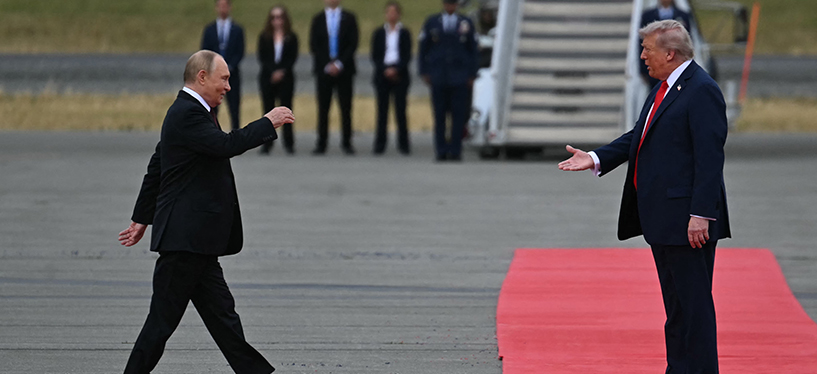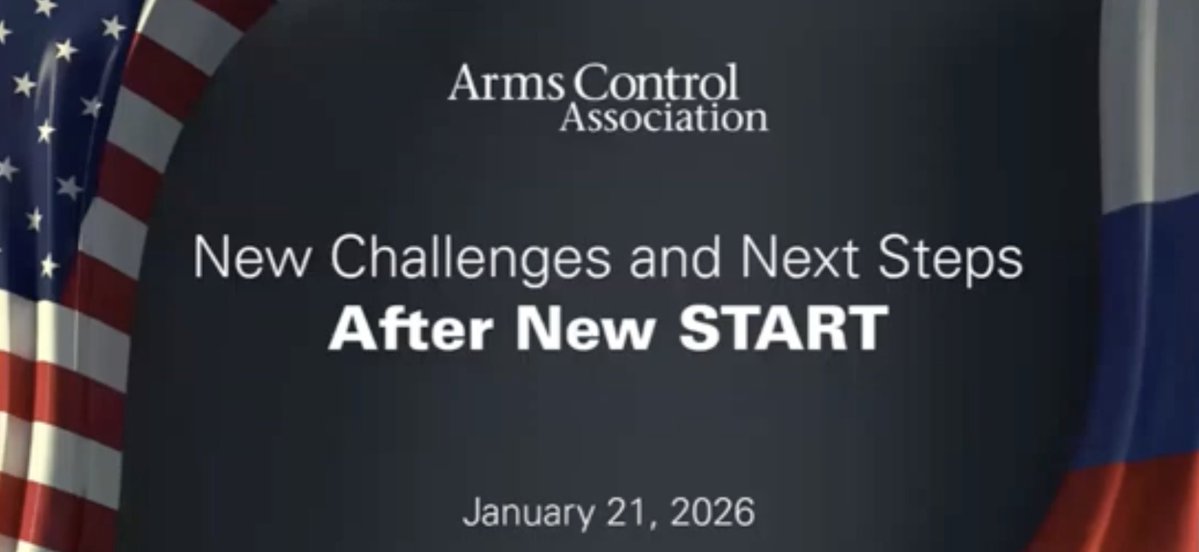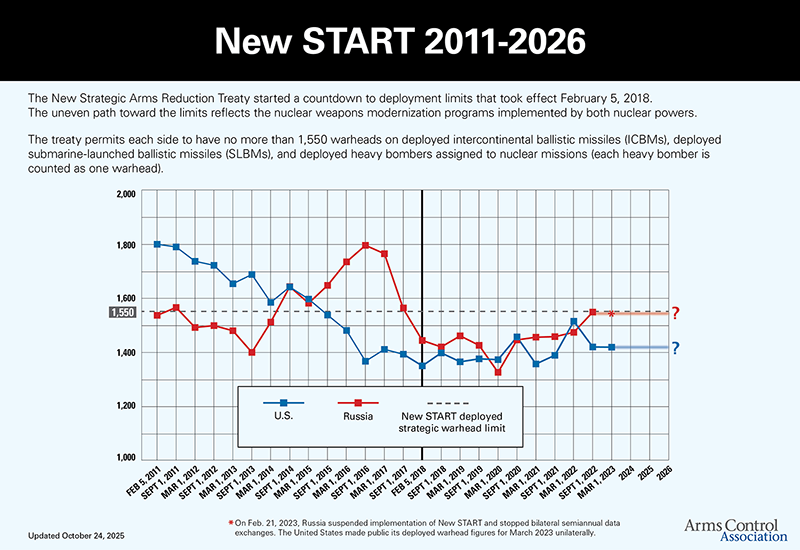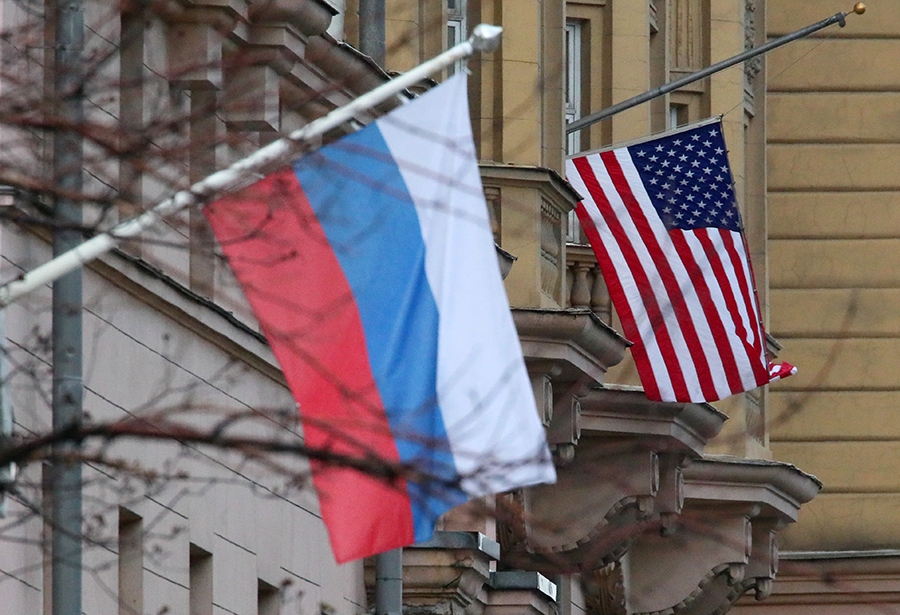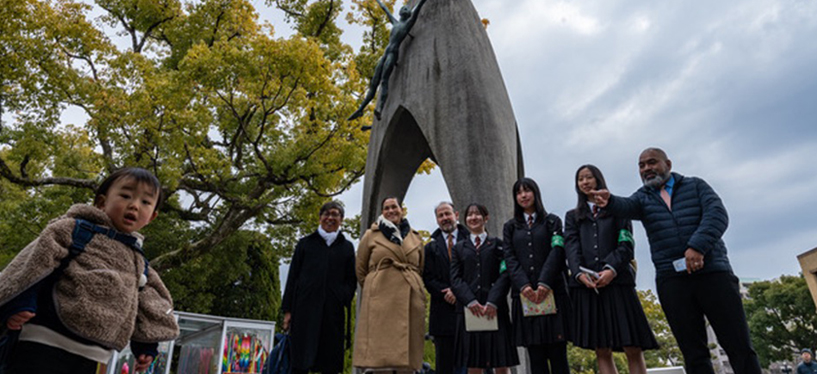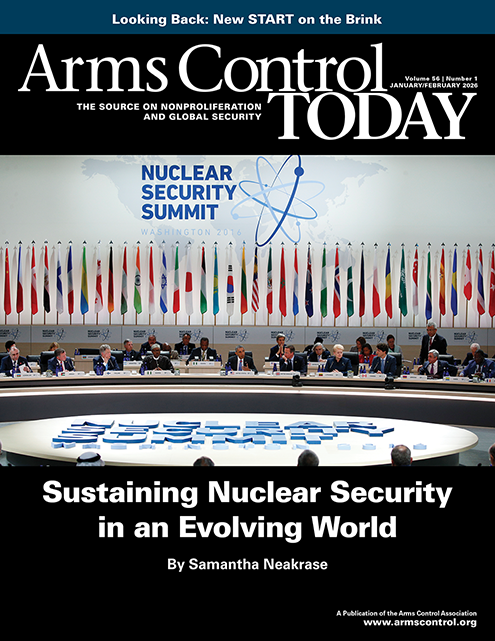Arms Control TODAY
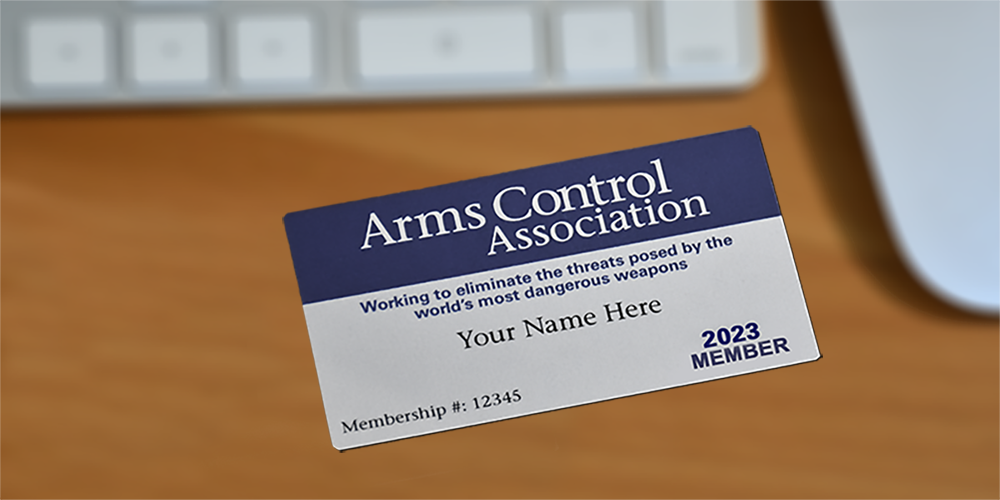
ACA is a small organization with a big impact. The financial support of individuals like you is key to sustaining its vital work.
"Today, we both need to work to prevent the breakdown moment when guardrails against nuclear catastrophe evaporate, and be prepared to seize the breakthrough moment, when we can advance again in the direction of the security of a world free of nuclear weapons."
—ACA Board Chair, Tom Countryman, June 2024
Calls to upload reserve strategic warheads to existing U.S. delivery systems and for large future expansions of U.S. strategic forces are major impediments to the negotiation of a follow-on to the 2010 New Strategic Arms Reduction Treaty. There are alternatives to a strategic forces build-up to achieve the foreign policy goals of the United States.
Today, the Senate will vote on – and should approve – joint resolutions of disapproval that would block the Trump Administration’s proposed sales of 1,000-pound bombs, joint direct attack munitions (JDAMs), automatic rifles, and related support to the government of Israel.
The U.S. decision to join Israel’s strikes on Iran’s safeguarded nuclear facilities while negotiations on a nuclear agreement were ongoing dealt a serious blow to U.S. efforts to constrain Iran’s nuclear program. The premature use of force set back Iran’s nuclear program temporarily, but risks pushing Tehran closer to nuclear weapons in the long term. The U.S. strikes also complicate the diplomatic efforts that are still necessary to reach an effective, verifiable nuclear deal.
Prior to New START’s expiration, ACA board chair Tom Countryman joined Massachusetts Senator Ed Markey, Oregon Senator Jeff Merkley, and California Representative John Garamendi to urge the replacement of New START and a return to negotiation to prevent an US-Russia arms race.

